BECOME A GAME WRITER
MONDAYS & WEDNESDAYS
5:30 PM PST / 8:30 PM EST
ON GAME WRITING
8 APR 2026 - 18 MAY 2026
DURATION:
6 WEEKS
MONDAYS & WEDNESDAYS
5:30 PM PST / 8:30 PM EST
Learn to design emotionally powerful game stories, featuring memorable characters, diverse choices, and impactful dialogues that engage players on unprecedented levels.
Let Adam Dolin, who won The Game Awards’ Best Narrative for God of War: Ragnarok, share his secrets with you.
THIS COURSE IS FOR YOU, IF...
-
YOU WANT TO SWITCH TO THE GAME INDUSTRY
Our course is designed for industry newcomers. Learn all the fundamentals to navigate the game development process, master narrative design, and learn to communicate effectively with interdisciplinary teams.
-
YOU HAVE WRITING EXPERIENCE AND A PASSION FOR GAMES
Unlock your potential for game writing, whether you’re a seasoned copywriter, tech writer, journalist, or creative writer. Dive into the game development world and gain industry-specific skills.
-
YOU ARE AN ENTRY-LEVEL GAME WRITER OR A NARRATIVE DESIGNER
Elevate your knowledge & boost your career as you craft compelling game narratives using diverse structures, create multi-dimensional characters, and write game dialogues that emotionally engage.
Our students work in 1600+ companies worldwide
There’ll be a lot of work done and experience gained through hands-on assignments, including critiquing game narratives, crafting character sheets, building immersive game worlds through lore text, and so much more.
We have 20 case studies in store for you: explore the narrative magic of games like God of War, Baldur’s Gate 3, The Last of Us Part II, League of Legends, Detroit: Become Human, and more. Sharpen your skills in workshops featuring a Miro brainstorm session and character creation speed-run.
Your ultimate challenge? You'll become the architect of an interactive narrative piece that will shine in your portfolio. It's your chance to infuse your voice into a captivating story, combining the art of writing with the complexity of interactive storytelling.
- Senior Writer & Lead Narrative Designer,
ex-Santa Monica & Netflix Games - A seasoned professional with 16+ years of game industry experience
- Achieved WGA Award for Excellence in Video Game Writing for the acclaimed title, God of War (2018)
- Contributed to projects such as God of War: Ragnarok, earning recognition with the Best Narrative award at The Game Awards
- Contributed to the gaming world's narrative excellence with involvement in Horizon: Forbidden West

COURSE INTRODUCTION
- Instructor introduction & goals
- The current state of the industry
- Course objectives & flow
- Q & A
Game development is complex. Get an overview of the structures and workflows of different studios to learn how to be adaptable. Throughout the development process, the role of a writer shifts, twists, and changes. Let’s talk about what to expect!
- Team sizes and org charts
- Role of narrative in game development
- The role of a game writer
- Networking Tips & Breakout Rooms
Assignment #1: Efficient Critique of a Game’s Narrative (Optional)
Pick any two games you played recently (or are currently playing). Describe where one game succeeds and the other fails in the execution of its narrative. Use both subjectivity and objectivity in your critique.
Yup, there’s a difference. Even though these terms are used interchangeably, they are two separate fields that support each other. Today we’ll examine games with great narrative design to highlight the differences.
- The symbiotic relationship between writing and narrative design
- How to support any type of gameplay with narrative
- Writing for player agency
- CASE STUDY: Games that demonstrate excellence in narrative design
Assignment #2: Play a Twine Game
Identify an effective use of Narrative Design in two of the four provided Twine games.
GOAL: We’ll look at some of the tools used across game studios to develop narrative, allowing students to get familiar with industry-standard software. No programming knowledge required!
- Programming Languages for non-programmers.
- Working with Collaborative Documentation
- The Most Important Non-Technical Skill in Game Development
- What’s the best Game Engine?
Assignment #3: Game Engine Intro (Optional)
Watch a tutorial for any engine, and make a short branching conversation.
GOAL: Screenwriting is an essential skill for every game writer. We’ll review screenwriting techniques, and discuss how to adapt them for games.
- The anatomy of a strong scene (or quest)
- The importance of subtext
- How to ace a game studio’s writing test
- CASE STUDIES: Compelling scenes in Film, TV, and Games
Assignment #4: Scene Analysis
Read one of the provided screenplays, and identify a powerful scene and write some scene analysis.
GOAL: What’s more important: Plot or Character? How do you create a memorable character? Does your main character need to be likable? We’ll dig into all these questions and more.
- Character archetypes
- Character arcs
- Slide Presentations, Mood Boards and Comps
- WORKSHOP: Character Creation
Assignment #5: Character Sheet (Optional)
Create a character sheet for the game.
GOAL: Dialogue is the most common tool in the game writer’s toolbox. We’ll look at techniques for making your dialogue feel authentic, and how acting, direction, and implementation all play a vital role in voice-over.
- Different types of dialogue
- Writing for different characters and personalities
- Supporting level design iteration by staying flexible
- WORKSHOP: Table Reads
GOAL: Discuss themes, outlines and the writers room
- What we can (and can’t) steal from screenwriters
- Ludonarrative Resonance
- How to find your next big idea
- WORKSHOP: Brainstorming Exercises and Writer’s Rooms
Assignment #6: Scene Writing
Write a 3 page scene for the game. Students must do a feedback session before submitting their scene.
Writing is rewriting. As a future game writer, you’ll be tasked with rewriting your texts until they’re perfect. You’ll learn how to emotionally prepare yourself to give & receive feedback while understanding how to maximize critiques.
- The work-self conundrum
- Balancing emotional investment
- Collaboration with other departments
- WORKSHOP: Group feedback
Assignment #7: Peer Review
You will be sent one of your fellow students’ scripts, and must give thoughtful feedback on it.
GOAL: We’ll take a deeper look into narrative design, identifying how writers can utilize gameplay to craft unforgettable narrative beats.
- How systems can tell stories
- CASE STUDY: Celeste
- Environmental storytelling
- WORKSHOP: Design and pitch a system
Assignment #8: Lore Entries (Optional)
Write 3-5 lore entries that expand the world of an original IP and/or its characters in an engaging way.
Unearth methods of storytelling through interactivity, delving into the various narrative forms within games. Uncover the diverse ways games introduce narrative and engage in philosophical discussions about how the narrative differs from the games.
- Linear, branching, emergent, and non-traditional narrative
- The advantages and challenges for each of the above
- CASE STUDIES: God of War and God of War: Ragnarok
Two guest speakers are better than one. Prepare to chat with industry experts and analyze the different paths to success. Learn how each of them approaches working with narrative to help secure your future.
- AAA dev perspective
- Indie dev perspective
- Comparison
- Q & A
You’re about to enter your next game writing position, so let’s discuss predictions for the game industry for the next year. Take time to get multiple perspectives on finding work in the future, learn how to be persistent, and take notes on career guidance.
- Key skills required to be a successful game writer
- Industry trends of 2025, and the landscape of 2026
- Career possibilities
- Portfolio & interview tips
- How not to get discouraged
Assignment #9: Course Project
Create an interactive project or a portfolio presenting your skills.
What our students say
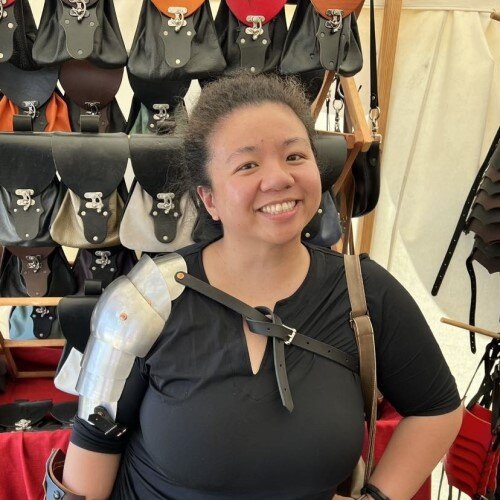
TTRPG Game Writer
"The course is well-paced and the resources given are quite plentiful both during the lesson and on the slides. The assignments were challenging if you were new to a particular concept (ie screenwriting) but not only was there value in the exercise, there was great value in getting feedback from professionals."

Filmmaker, Producer, Random Good Films
"I really love getting a close look at what the industry actually looks like. Adam's perspective is awesome and the class really makes you feel like you're peering over the fence at an industry that normally feels totally inaccessible."

Lead Writer at Animagic Studios
"Adam is a wealth of knowledge and has really opened my eyes to what to expect as a Video Game writer and developer."

Writer, Narrative Designer
"The class was worth every moment, and it was so amazing to connect with likeminded, passionate people who want to tell stories."

Freelance Writer
"I was not prepared for how professional, how supportive and genuine my instructors Adam and Alex would be for my game narrative course (Sabina you are our biggest cheerleader too and we all thank you for that.)
I never would've guessed this class was as new as it was for how informative, helpful and resourceful it was.
ELVTR makes sure you not only feel safe to learn to create, but pushes you with a community driven approach that felt it worked better than a lot of college courses I've taken."

Split Studio's Co-owner
"Adam is the definition of a great teacher. He speaks clearly, is charismatic and generous, and has extensive knowledge and experience in the gaming industry. I really enjoyed the classes, and I highly recommend them!"

Johns Hopkins University
"Adam's course provided a great launchpad for someone like me (former competitive writer in HS) to sink their teeth back into serious and streamlined writing after years of having no audience due to collegiate pathway differences. It was a class that taught me specifics about narrative design, refreshed my writing fundamentals, and most importantly (for me), provided an audience to tell your stories in the form of the instructor, TAs, and community network that are all learning with and from each other as we progress. Having the guidance of a seasoned pro alongside the support of fellow students all walking the same path, albeit at different points and stages, made for a great 6 weeks of laughs and learning. Should you choose to pursue this path from the course onwards, prepare to meet many of the peers and instructors you met here again along the way."

Principal Lecturer - English Department at the University of North Texas
"Adam is clear, efficient, and experienced. Course is very well organized and materials are similarly clear and accessible."

Game Writer | Narrative Designer
"Hearing about Adam’s experiences within the industry, and his range of experience, really helps put into perspective of what working for a company would possibly be like. And gives hints at what other skills we should foster."

Produce Clerk and Fareway Meat & Grocery
"I would argue that the best thing about this course is the community. Being able to communicate with both students and instructors is such an important part of a course like this. It is really fun to have conversations about anything, including the class itself."



